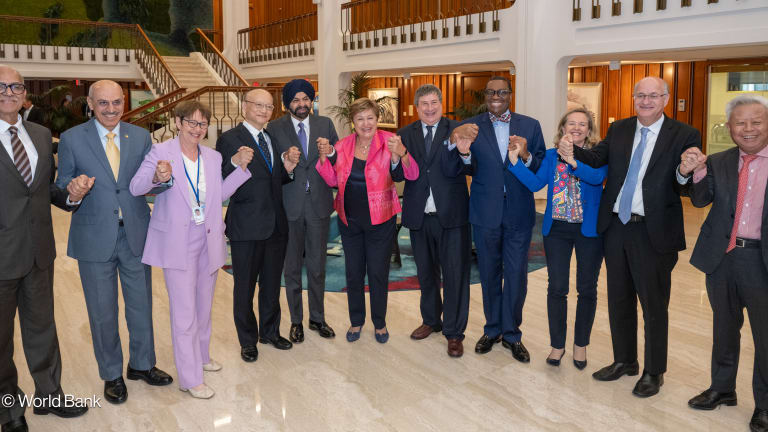Food system transformation is fundamental to human progress. Feeding and nourishing the world. Creating jobs and reducing poverty. Managing the environment. Avoiding catastrophic climate change. Building resilience to shocks.
These are the building blocks of human and planetary well-being.
Let me put it another way: Future generations will find it just as puzzling that humanity was held back by most people having poor diets, as we do that our forebears thought it a luxury that all children should be educated, or women able to vote. It's just as fundamental.
Printing articles to share with others is a breach of our terms and conditions and copyright policy. Please use the sharing options on the left side of the article. Devex Pro members may share up to 10 articles per month using the Pro share tool ( ).








